The Ultimate Guide to Modern Data Quality Management (DQM) For An Effective Data Quality Control Driven by The Right Metrics
Data Pine
SEPTEMBER 29, 2022
The quality of data is defined by different factors that will be detailed later in this article, such as accuracy, completeness, consistency, or timeliness. That quality is necessary to fulfill the needs of an organization in terms of operations, planning, and decision-making. Why Do You Need Data Quality Management?

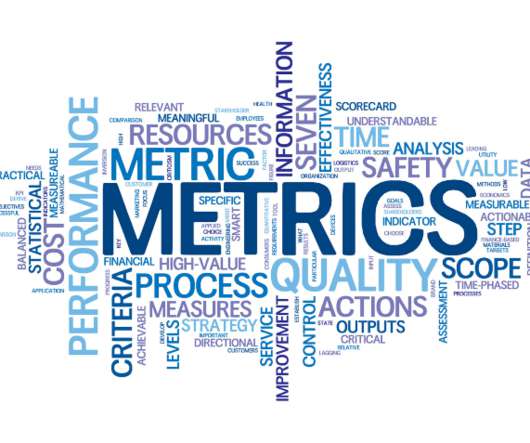
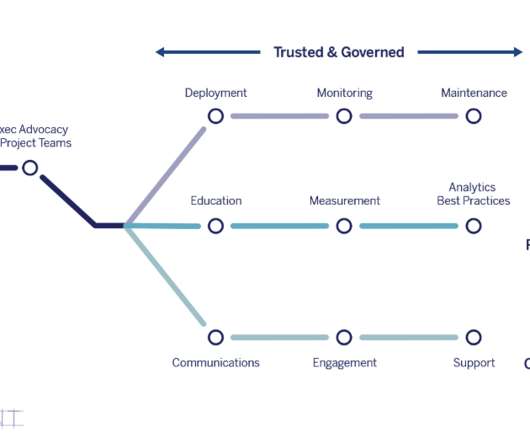
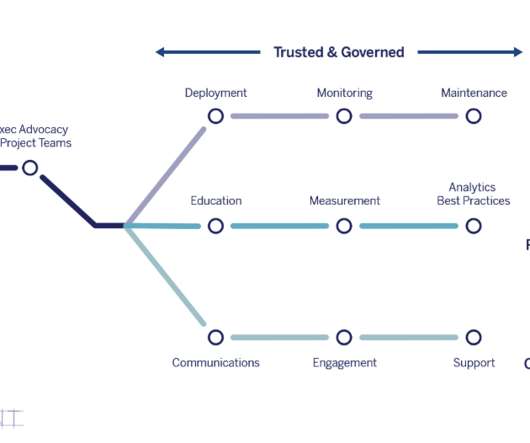
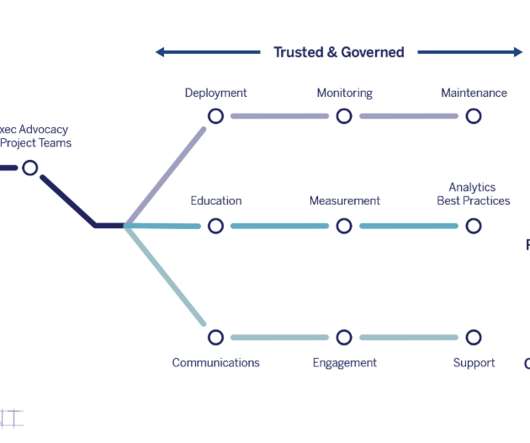
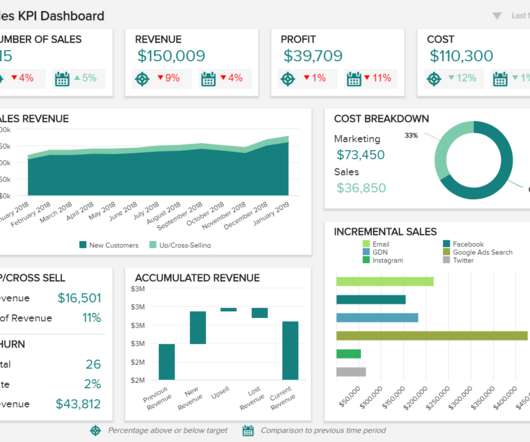






Let's personalize your content